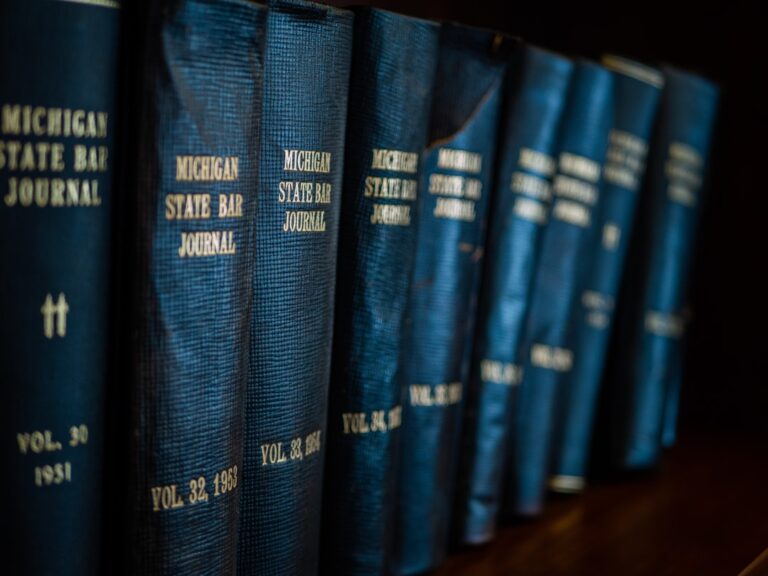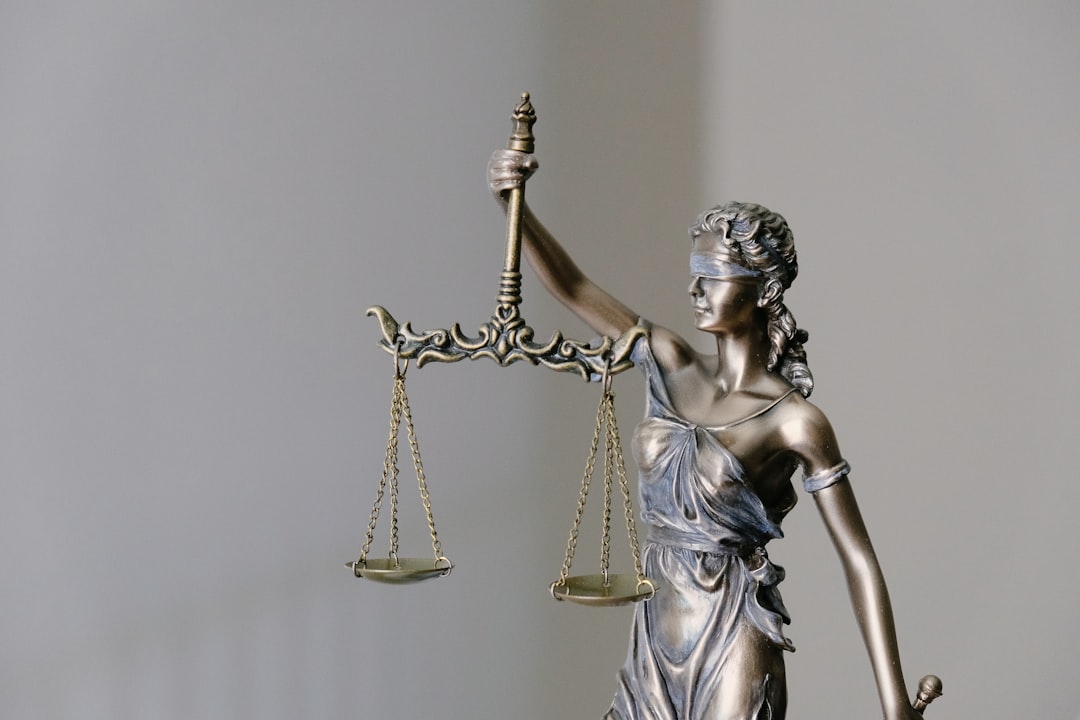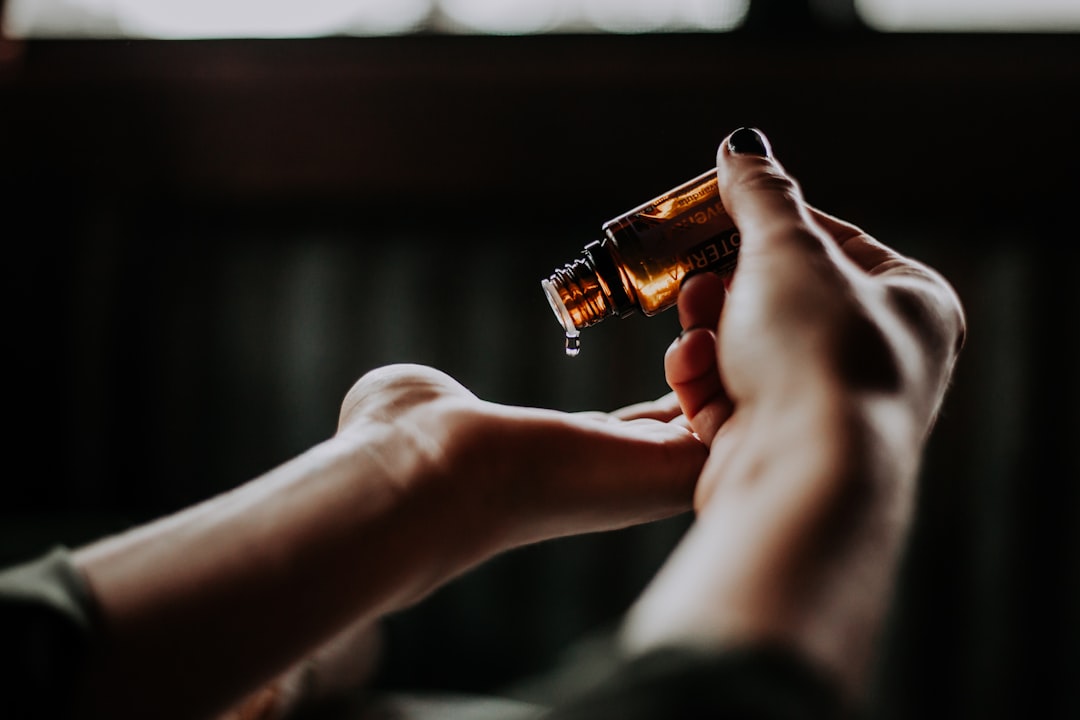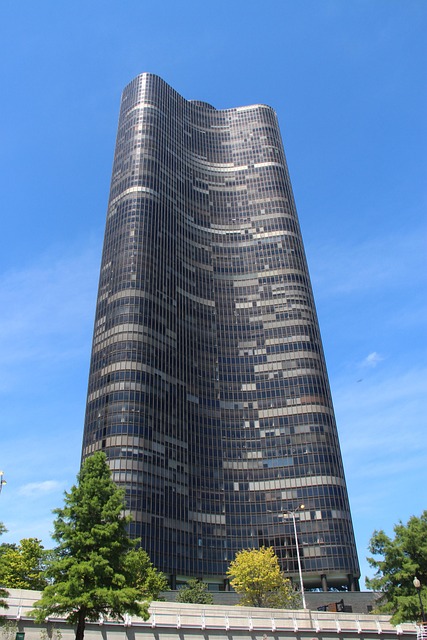In Chicago, IL, sexual assault cases are governed by stringent laws with forensic evidence as a cornerstone. The Illinois Criminal Code defines sexual assault, and rape law firms collaborate closely with law enforcement for proper evidence collection. Advanced forensic science techniques, particularly DNA analysis, aid in examining physical evidence from victims, crime scenes, and suspects, enhancing case strength. However, challenges like jury understanding, contamination, and witness bias require effective communication between experts and legal teams. For survivors, forensic evidence corroborates their stories, supporting justice and victim rights through rape law firms in Chicago IL.
In Chicago, sexual assault cases heavily rely on forensic evidence. Understanding the city’s rape laws and their impact on evidence collection is crucial. This article explores the intricate process of gathering and preserving forensic evidence in rape cases, focusing on advanced scientific techniques like DNA analysis. We also delve into challenges, misconceptions, and the support systems for victims, highlighting how effective forensic analysis aids survivors in seeking justice through Chicago’s rape law firms.
Understanding Chicago's Sexual Assault Laws and Their Impact on Forensic Evidence Collection

In Chicago, sexual assault cases are governed by stringent laws designed to protect victims and ensure justice. Understanding these laws is crucial for both victims seeking justice and rape law firms operating in Chicago, IL. The Illinois Criminal Code defines sexual assault as any act of sexual penetration or sexual contact without consent, with penalties varying based on the circumstances.
Forensic evidence plays a pivotal role in these cases, as it can provide objective proof of the crime. Chicago’s sexual assault laws emphasize the collection and preservation of physical evidence, including DNA samples, medical examinations, and forensic testing of any objects involved. Rape law firms in Chicago IL often collaborate closely with law enforcement to ensure that evidence is collected according to legal protocols, which not only strengthens cases but also helps in identifying patterns and trends that can assist in preventing future assaults.
The Process of Gathering and Preserving Forensic Evidence in Rape Cases

Forensic evidence plays a pivotal role in Chicago sexual assault cases, offering crucial insights that can help secure justice. The process begins with meticulous gathering and preserving techniques to ensure the integrity of evidence. Law enforcement officers are trained to collect physical evidence from various sources, including victims’ bodies, crime scenes, and suspect’s possession. This may include blood, hair, bodily fluids, clothing fibers, or digital traces from electronic devices.
Chicago rape law firms emphasize the importance of prompt and proper handling of forensic evidence. It requires specialized training and equipment to collect and process these samples without contaminating them. Preservation techniques ensure that the evidence remains admissible in court, strengthening the case against alleged perpetrators. This meticulous approach not only aids in identifying culprits but also sends a strong message about societal commitment to protecting victims and upholding justice.
Role of Science: Advanced Techniques in Analyzing DNA and Other Physical Evidence

In the realm of sexual assault cases, scientific advancements have played a pivotal role in ensuring justice and providing closure to survivors. Chicago rape law firms often rely on advanced techniques in forensic science, particularly DNA analysis, to unravel complex cases. With meticulous collection and examination of physical evidence, experts can uncover crucial insights that strengthen or challenge allegations. Modern technology enables the identification of unique genetic signatures, enhancing the accuracy and reliability of results.
The use of sophisticated equipment and methods allows for the detection of microscopic traces left behind at crime scenes, including bodily fluids and skin cells. These scientific approaches not only aid in identifying perpetrators but also provide objective evidence to support or refute claims made by victims. As a result, advanced forensic techniques have become indispensable tools for Chicago IL rape law firms, contributing significantly to the pursuit of justice and protection of rights within sexual assault cases.
Challenges and Misconceptions: Common Issues Facing Forensic Evidence in Courtroom

Forensic evidence plays a pivotal role in Chicago sexual assault cases, providing crucial insights that can shape the course of justice. However, despite its potency, this type of evidence faces several challenges and misconceptions when presented in the courtroom. One of the primary hurdles is the lack of understanding among jurors and even some legal professionals regarding the intricate processes involved in forensic analysis. This can lead to questions about the reliability and validity of the evidence, especially when complex scientific terms are used.
Moreover, issues like contamination, improper storage, or inadequate documentation can compromise the integrity of forensic samples. In high-stress cases, such as rape law firms in Chicago IL often deal with, witness recall bias and victim hesitation to participate in collection procedures further complicate matters. Effective communication between experts and legal teams is essential to address these challenges, ensuring that the nuances of forensic science are accurately conveyed to facilitate a fair trial process.
Support for Victims: How Effective Forensic Analysis Can Help Sexual Assault Survivors Find Justice

For victims of sexual assault, navigating the legal system can be a daunting and emotionally draining process. However, forensic evidence plays a pivotal role in supporting survivors’ stories and securing justice. In Chicago IL, where rape law firms have been instrumental in advocating for victims’ rights, forensic analysis provides crucial tools to strengthen cases.
Effective forensic examination can uncover physical evidence, such as DNA or medical reports, that corroborate the victim’s account of events. This scientific backing not only helps in building a compelling legal argument but also offers closure and reassurance to survivors, assuring them that their experiences are taken seriously and will be used to hold perpetrators accountable.






